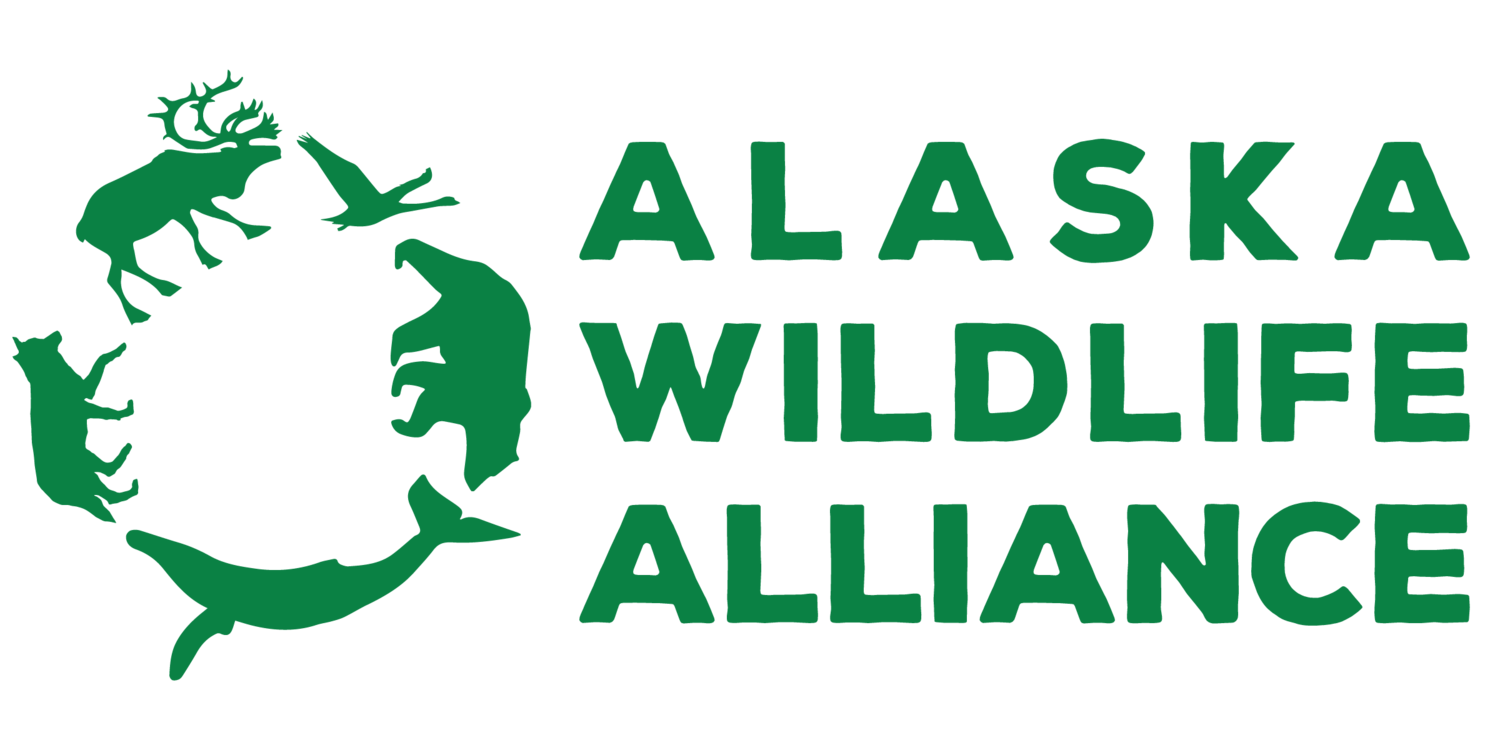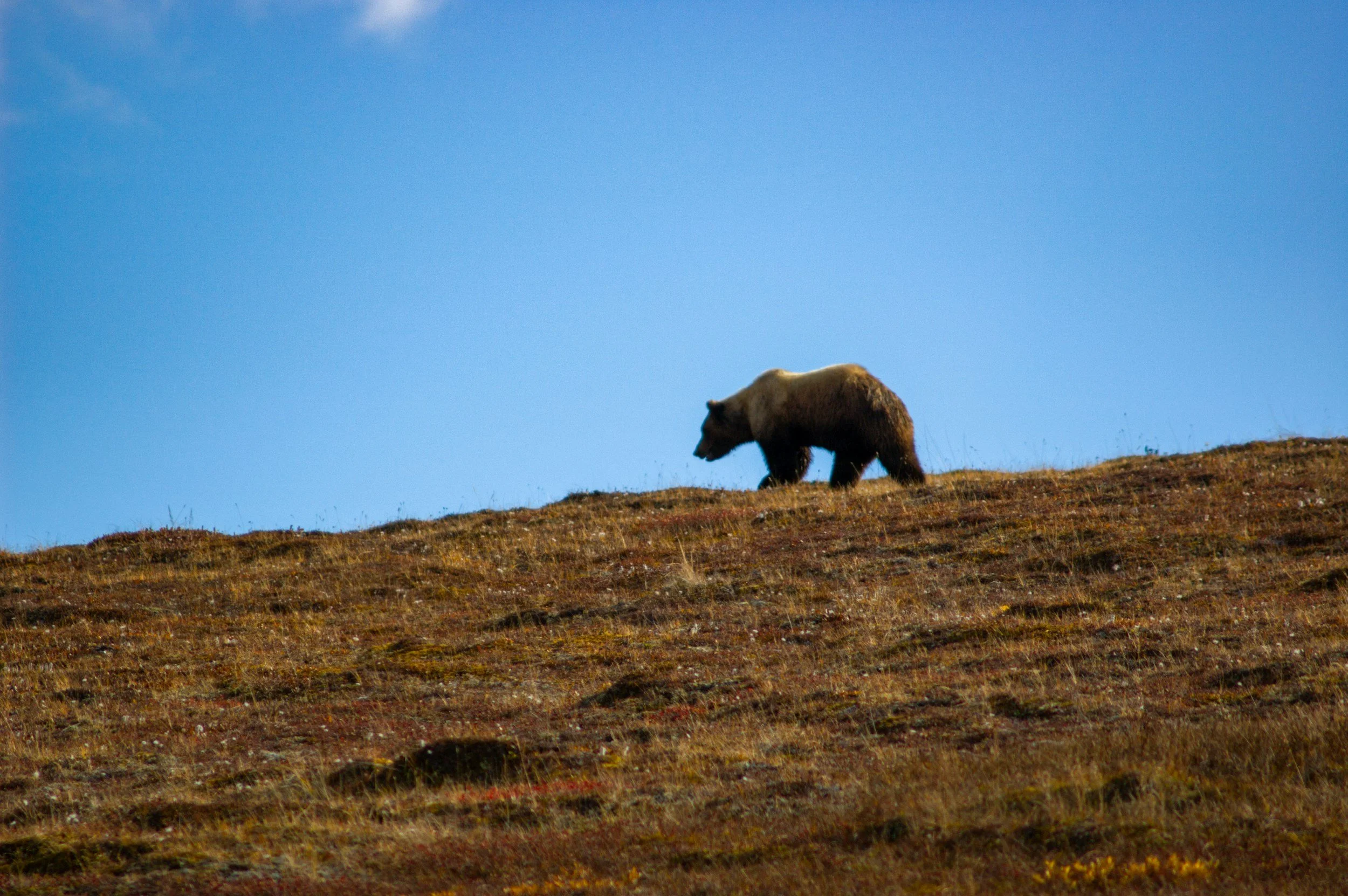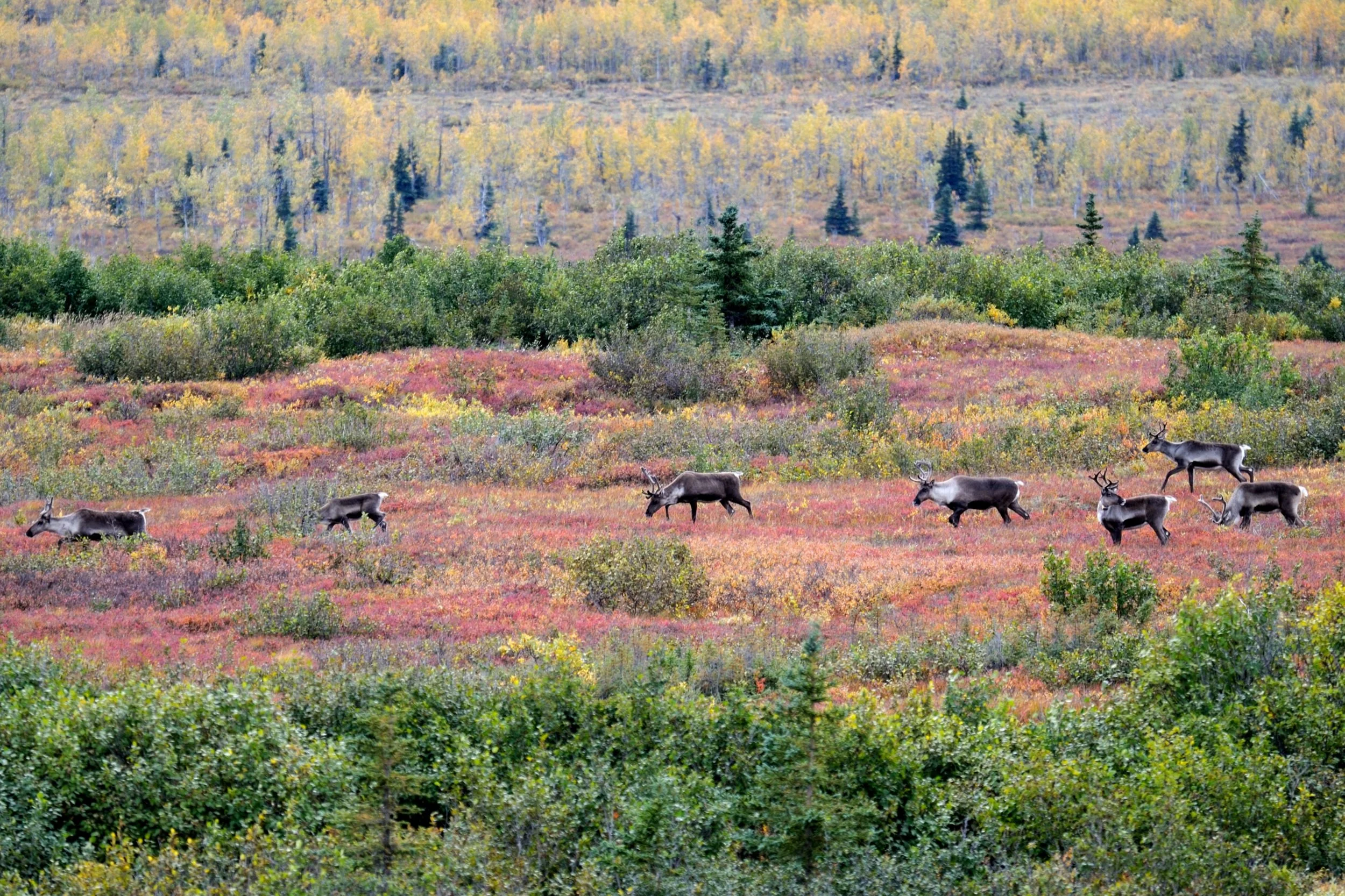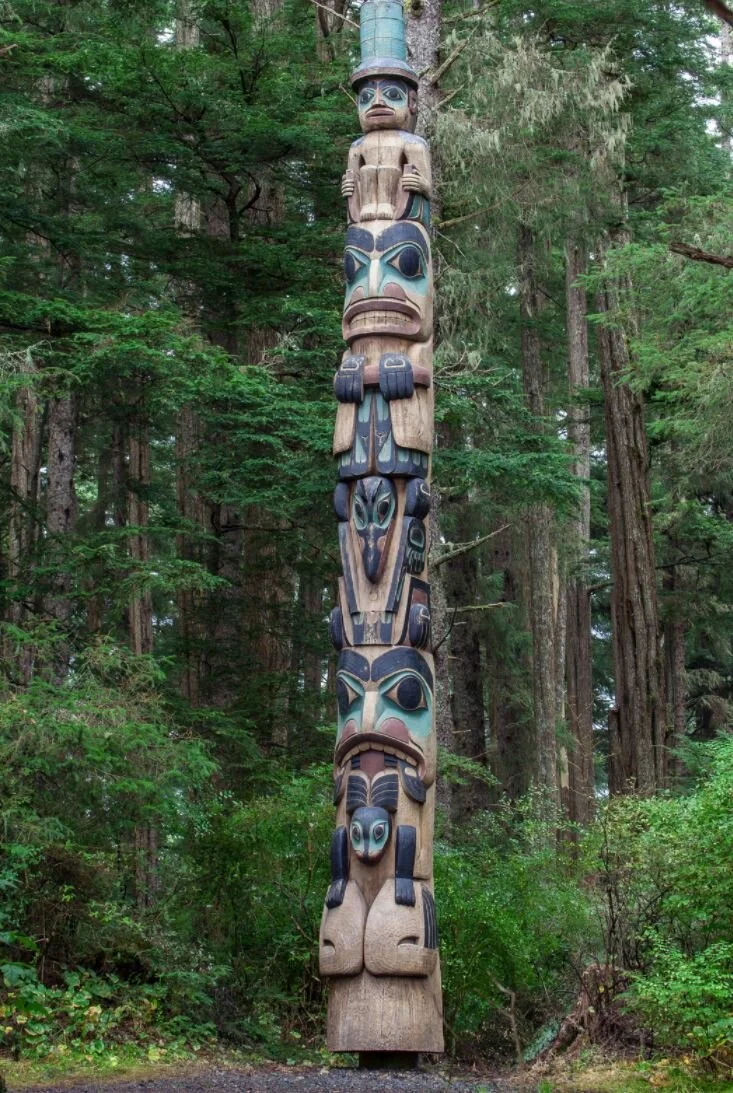Check out this op ed that our very own Executive Director, Nicole Schmitt, wrote for the Alaska Landmine. Nicole wrote on our proposal to establish 50-yard trap setbacks on over 200 trails in the Mat-Su Valley in an effort to help reduce conflict between user groups on multi-use trails.
Our 2021 Annual Report
2020-2021 Map the Trap Report is Live!
In the News: Environmentalists and Alaska villages continue court challenge of permits for Ambler Road project
Victory! Reducing halibut trawl bycatch in the Bering Sea
Climate Adaptation Workshop Announced!
Petition to Protect Lower Cook Inlet Wildlife
Help Reduce Halibut Bycatch
Our lawsuit to protect Alaska's threatened Polar Bears
Dall Sheep: The Boldly Yet Functionally Accessorized Sheep
Mountain Goat: A Strong Climber in Extreme Conditions
Sockeye Salmon: Hooked Jaws and Red Backs
Horned Puffin: The Sea Parrot
Tufted Puffin: Alaska's Forgotten Bird
In the News: Volunteers make over 200 beluga observations in rivers this spring
Alaska Wildlife Alliance’s Kenai coordinator, Teresa Becher, made another great appearance in the news for monitoring of critically endangered Cook Inlet beluga whales as part of the Alaska Beluga Monitoring Partnership! Read on to learn more about this past spring’s observations of belugas and how you can help these whales this fall.
The History and Significance of Totem Poles
In the News: Refuge Notebook, Paddling Tustumena
The Peninsula Clarion published a fun read written by one of our board members, John Morton. John is our current board Vice President and is a former Supervisory Biologist at Kenai National Wildlife Refuge (KNWR), and he knows a lot about where to explore! Read more about the public use cabins in the KNWR where you can see glaciers, wildlife, lakes, and historical sites… you may just be reserving one after this!
Species Spotlight! Snowy Owl: The Silent Hunter of the Night
Alaska's Wildlife-Inspired Place Names: Plants Edition
Unusual Mortality Event Occurring with Gray Whales
There’s a mystery waiting to be solved in Alaskan waters, and it could take your help to crack the case. Along the west coast of the United States, gray whales have been having unusually high mortality events since 2019. National Marine Fisheries Service (NOAA) is looking to continue collecting data on these whales to further gain insight as to what could be causing this unusual occurrence.


























